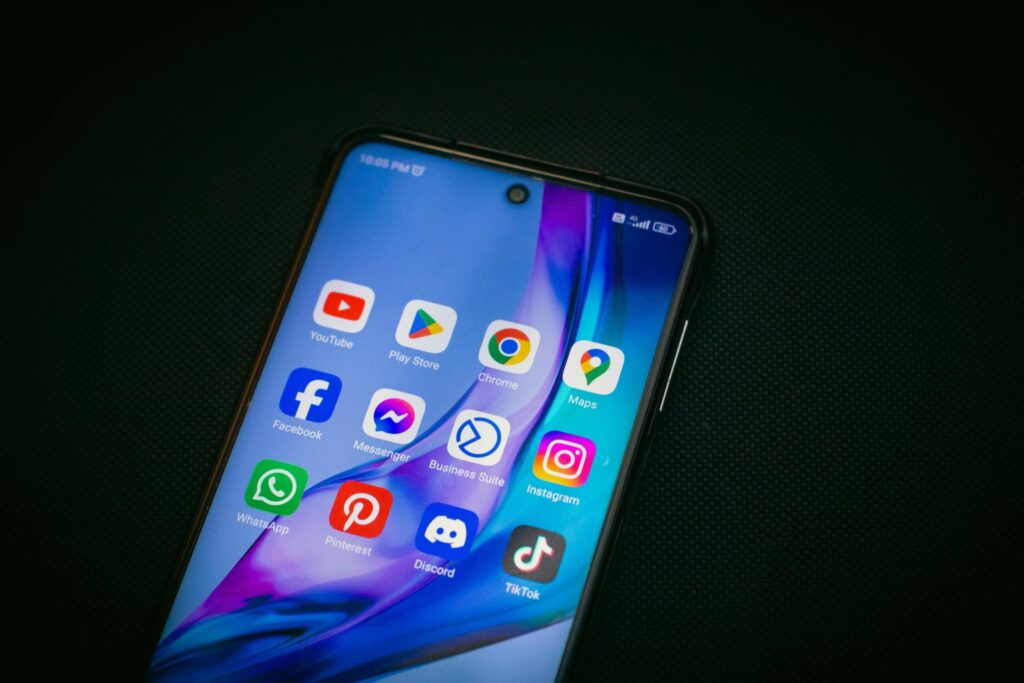Originally Authored at TheFederalist.com

President Trump just nominated Gail Slater, an economic policy adviser to Sen. and Vice President-elect J.D. Vance, to serve as the assistant attorney general for the Department of Justice’s Antitrust Division. This was a brilliant move and represents President Trump’s opening strike against Big Tech monopolists in his second term — crucial unfinished business from his first term.
Slater, a former FTC enforcement attorney for many years, previously worked for President Trump during his first term as a tech policy adviser. She is a leading expert in antitrust law, particularly in Big Tech. As a friend and colleague of hers in the battle against Big Tech for years now, I can confidently say Gail Slater is the most effective voice for enforcing our centuries-old antitrust laws, which are central to American competitiveness and innovation.
Like other free-market conservatives, Slater knows that free markets require functioning markets. And when Big Tech monopolists Alphabet (Google and YouTube), Amazon, Apple, and Meta (Facebook and Instagram) use their market power to crush competition, shutter small businesses, and cancel those with whom they disagree, we no longer have functioning, and thus free, markets. Our antitrust laws require targeted law enforcement against anticompetitive tumors like Big Tech. Antitrust enforcement differs from the type of industry-wide regulations tech monopolists welcome, which are little more than market entry barriers for startup competitors yet rounding errors for Big Tech.
This is why almost everyone across the political spectrum — except, of course, tech giants and their paid shills in D.C. — should welcome the nomination of Gail Slater. She is a brilliant attorney and one of our country’s best strategic legal thinkers. She attended Oxford and started her career at the highly respected law firm Freshfields Bruckhaus Deringer, where she specialized in antitrust. In short, she’s exactly the type of person we will need at the helm of the DOJ’s Antitrust Division, which is responsible for enforcing antitrust laws and holding accountable anticompetitive actors in our economy, particularly the biggest and most dangerous: Big Tech.
Meta’s Mark Zuckerberg may fly down to Mar-a-Lago to make nice, and Google’s Sundar Pichai may call President Trump to congratulate him on his victory, but let’s not forget the not-so-distant past.
In 2021, Google’s YouTube and Meta’s Facebook and Instagram banned Trump from their websites, attempting to censor and silence the sitting president of the United States. This was after an election in which Zuckerberg and his wife spent some $400 million in an orchestrated campaign against President Trump, and Google’s search engine — a monopoly — reportedly rigged results against Trump. From censoring conservatives to interfering in elections to silencing anyone who disagrees with them, it’s clear these aren’t forces that should be allowed to have unchecked power.
But antitrust law enforcement isn’t just about the unfair treatment of conservatives. Slater will lead the department’s antitrust law enforcement agenda with a clear-eyed vision for building a fairer, more competitive economy that prioritizes U.S. innovation, small business growth, and a level playing field. When the trillion-dollar Big Tech monopolists intimidate competitors and crush small businesses, that’s bad for the American economy, especially small businesses, which comprise nearly half of the U.S. private-sector employee workforce.
Big Tech monopolists have also demonstrated that they are not committed to an America First vision. These are globalist corporations that — while based in the United States and enjoying the benefit of our world-class talent, finances, security, and creativity — do not owe any allegiance to our country. They have cozied up to China’s CCP and its military, as well as any number of our adversaries abroad. They have facilitated illicit activity that undermines U.S. national security and economic interests, and they have shown no hesitation in spreading harmful material and products that endanger children. Slater knows the threat we face from Big Tech and other unchecked corporate power and will fearlessly bring the fight to bad actors with the full force of the justice system.
The Justice Department has many ongoing cases against Big Tech, including cases that could result in the breakup of Google due to its search engine monopoly, as well as its illegal control of the market for online ads. Amazon is also in the crosshairs of the federal government for its e-commerce dominance as both a superstore and a marketplace, which it uses to unfairly compete against smaller companies, especially in retail. There’s no doubt President Biden has been one of our worst leaders, but this is the one area where he got federal policy close to correct by maintaining Trump’s posture from his first term. Holding Big Tech accountable for its bad acts and its anticompetitive behavior should be a bipartisan consensus, but it requires decisive leadership in the executive branch.
The Justice Department has much on its plate in the next Trump administration. Attorney General-designate Pam Bondi will be tasked with cleaning up a department that Obama and Biden thoroughly politicized. Key to President Trump’s agenda will be restoring a free and fair market that doesn’t discriminate against ideology or political party and allows American small businesses to innovate, grow, and flourish.
In nominating Gail Slater, Trump said: “Big Tech has run wild for years, stifling competition in our most innovative sector and, as we all know, using its market power to crack down on the rights of so many Americans.” He’s exactly right, and Slater is the perfect choice for the job. The Senate Judiciary Committee and full chamber must confirm her promptly.
Mike Davis, a Colorado resident, is the founder and president of the Article III Project, which defends constitutionalist judges, fights back against lawfare and radical assaults on judicial independence, and opposes judicial and other nominees who are outside of the mainstream.
